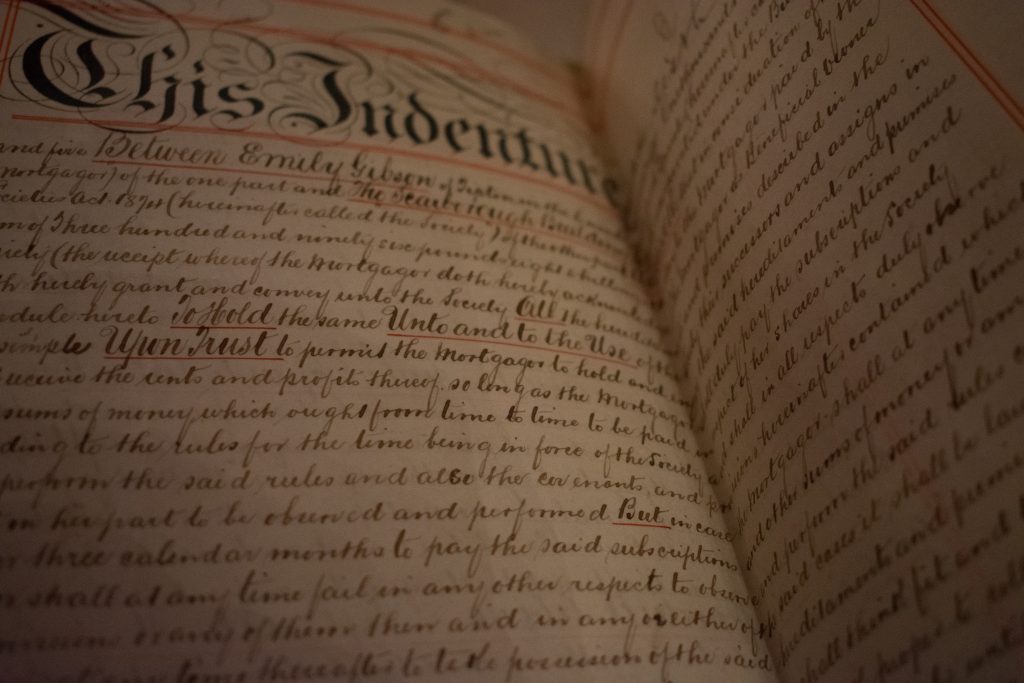
Sentences
Clauses
Phrases
Fragments
Co-ordinating Conjunctions
These are the seven co-ordinating conjuctions. They join sentences, or clauses that could stand independently.
They are remembered by the mnemonic FANBOYS
- For
- And
- Nor
- But
- Or
- Yet
- So
For the record so, meaning ‘therefore’ is a coordinating conjunction, but so in the sense of ‘in order to’ is a subordinating conjunction.
Subjordinating Conjunctions
A subordinating conjunction makes an independent clause dependent on another clause. June Casagrande (see bibliography) makes the point that a subordinate cause is subordinate in meaning also. So, if you don’t want information to be considered less important, don’t put it in a subordinate clause.
There are lots of subordinating conjunctions.
- after
- although
- as
- as if
- as long as
- as much as
- as soon as
- as though
- because
- before
- by the time
- even
- even if
- even though
- if
- if only
- if when
- if then
- inasmuch
- in order that
- in case
- in the event that
- just as
- lest
- now since
- now that
- once
- only
- only if
- provided that
- rather than
- since
- so [so that]
- supposing
- than
- that
- though
- till
- unless
- until
- when
- whenever
- where
- whereas
- wherever
- whether
- which
- while
- whoever
- why
Appositives
An appositive is a phrase that renames a noun.
James, my cat. ‘my cat’ is just another name for James. The appositive serves to elaborate on the noun.
Sometimes they can get quite long.
‘John Smith, the famous footballer out on the field for the second time this week, wept.
That long phrase was just re-naming John Smith, and adding some detail. The appositive is a noun group, or a noun phrase. They mean the same thing.
Absolutes
Participial Clauses
Adverbial Clauses
Noun Clauses
Noun Groups
Prepositional Clauses
Gerunds For The Record
A gerund is a noun made from a verb. So:
‘He heard the talking.’ ‘talking’ here is an abstract object.’
‘He painted the painting.’ ‘painting’ here is a physical object. They are both nouns.
‘I hated the waiting.’
‘One of the lost. One of the broken.’
All gerunds.